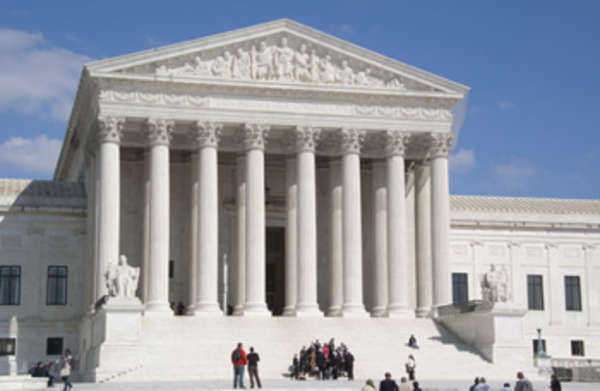The Importance of a Supreme Court Ruling
The Supreme Court has made a significant ruling, setting a precedent that could have far-reaching implications for future cases. In a 5-4 decision, the Court affirmed the right of workers to collectively bargain with their employers, even if they are not members of a union.
The case in question, Janus v. AFSCME, involved Mark Janus, a public employee in Illinois who objected to having to pay union fees, arguing that it violated his First Amendment rights. The Supreme Court agreed with him, striking down a 40-year-old precedent that had allowed unions to collect fees from non-members who still benefited from collective bargaining.
The decision drew sharp criticism from labor unions, who say it will weaken their ability to negotiate fair wages and benefits for workers. Many fear that without mandatory fees, more workers will opt out of the union, leading to decreased membership and bargaining power.

However, supporters of the ruling argue that it is a victory for individual liberty and freedom of speech. They say that no worker should be forced to pay for an organization whose views they do not support, and that the ruling is a step towards limiting the power of special interests.
In the aftermath of the ruling, both sides are gearing up for a battle over the future of organized labor in America. Unions are expected to focus on recruiting and membership retention, while conservatives are likely to push for further legal challenges to collective bargaining rights.
Regardless of the outcome, the Janus decision is sure to be a landmark moment in the history of labor relations in the United States. It will be interesting to see how the ruling plays out in the coming months and years, and what effect it has on workers and unions across the country.
When it comes to the Supreme Court, it can be said that the decisions made at this particular court cannot be overturned. A Supreme Court ruling cannot be overturned by any particular entity, which includes the President of the United States and Congress.
In the Constitution, the United States Supreme Court is essentially granted the power of the "supreme law of the land," and all of its decisions are meant to be final. For this reason alone the Supreme Court has the power to hear cases from other jurisdictions to render the final decision in matters of the dispute regarding decisions made by lower courts.
However, there is one particular situation in which a Supreme Court ruling can be overturned. A Supreme Court ruling can only be overturned by the Supreme Court itself. Such a situation will prove to be rare. Constitution laws have more information on overturning a Supreme Court ruling.